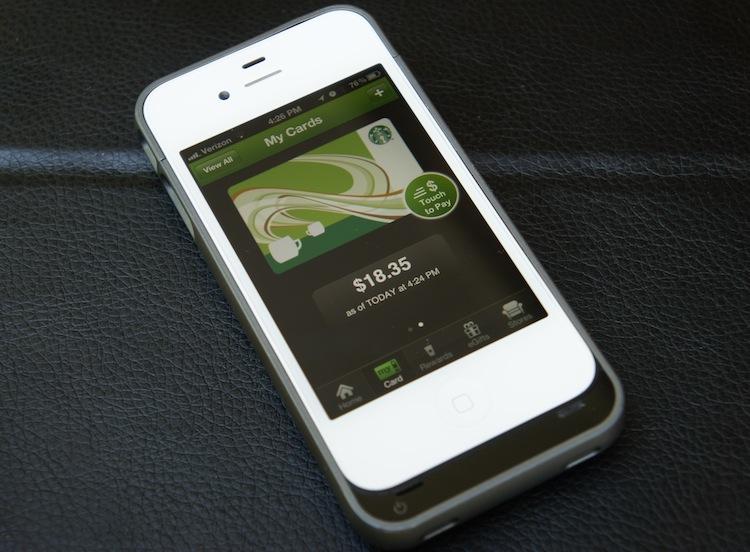
We are currently on the brink of what many believe will be a revolution in the way that consumers pay for things. Some believe we may soon adopt a new currency model, one that plays a little more nicely with the digital future than paper money. (Bitcoin, anyone?) But more likely than an instantaneous switch from paper to purely digital currency overnight is a transitional phase between the two. And that's where Near Field Communication (NFC) comes into play.
NFC technology has been around for quite some time – roughly eight years now. But it wasn't until recent years that NFC has played a major role in consumer electronics.
T-Mobile, AT&T and Verizon, however, have teamed up to form Isis, which has also gained the support of a plethora of mobile hardware manufacturers. And Google has its own plan for mobile payments with Google Wallet. No matter which method becomes the most widely adopted, one thing is certain: everything is hinging on NFC.
Ultimately, what that means is the transition to a viable mobile payment system will be a painfully slow process. In April 2011, Juniper Research predicted that only 20 percent of all smartphones would ship with NFC support in 2014. That statistic will double, though, says Juniper Research, with 40 percent of smartphones equipping Near Field Communication in 2015.
However, while NFC is slowly gaining acceptance from manufacturers and seeping into the mobile world, it's not the only way to pay via mobile.
Early last week, it was announced that The Massachusetts Bay Transportation Authority (MBTA) would be the first to introduce a smartphone rail ticketing service for Boston. In an application that works on Android, iPhones and BlackBerrys, frequenters of the rail system in Boston will soon be able to purchase their tickets via smartphone ahead of time instead of standing in lines for ticket vending machines. The application will include a digital render of your ticket and a watermarked image with the a background color corresponding to the day for a quick visual inspection by rail workers.
This is only one of many examples of how mobile payments can be frictionless and hassle-free. And it's one of the ample examples of various markets adopting different mobile payments. The question is: how do you like paying for things with your smartphone?
I will be the first to admit, it's a bit awkward paying with your phone versus pulling out a debit or credit card, or even cash. It's almost alienating. But I love it. And I wish I could pay for everything via smartphone.
Being a "usual" at the local Starbucks, the baristas recommended I register a Starbucks rewards card so I can get all of my refills for free and free drinks from time to time. I registered the card and used it once. From that point, I didn't reload it and just let it sit in my wallet. But after I downloaded the application and could easily refill the card via mobile and show the card's barcode to pay, there was no turning back. I use it almost every day and have since forgotten about the card that just takes up space in my wallet.
Quite frankly, I wish paying for everything was just as quick and easy. It's just super convenient – I generally have my smartphone in my hand as it is, so holding it up and letting the cashier scan my phone is totally painless.
That said, it can also be dangerous. I have found it difficult to make the connection that waving your smartphone to pay for something uses actual money. No matter how often I use my phone or how often I find myself refilling my card, it never actually feels like I'm spending money when I pay with my phone.
Nonetheless, I look forward to mobile payments more each day. I have yet to try Google Wallet, as very few places in my area (if any) have the capability, and Wallet doesn't support any of the cards that I use regularly. In time, I'm sure this will change or Isis will finally come around. Either way, the sooner the better.
What say you, ladies and gents? Do you like paying for things with your phone? Do you feel safe? Is it more convenient? Or does it feel pointless and too alienating to you? Sound off and share you sentiments on mobile payments in the comments section below!